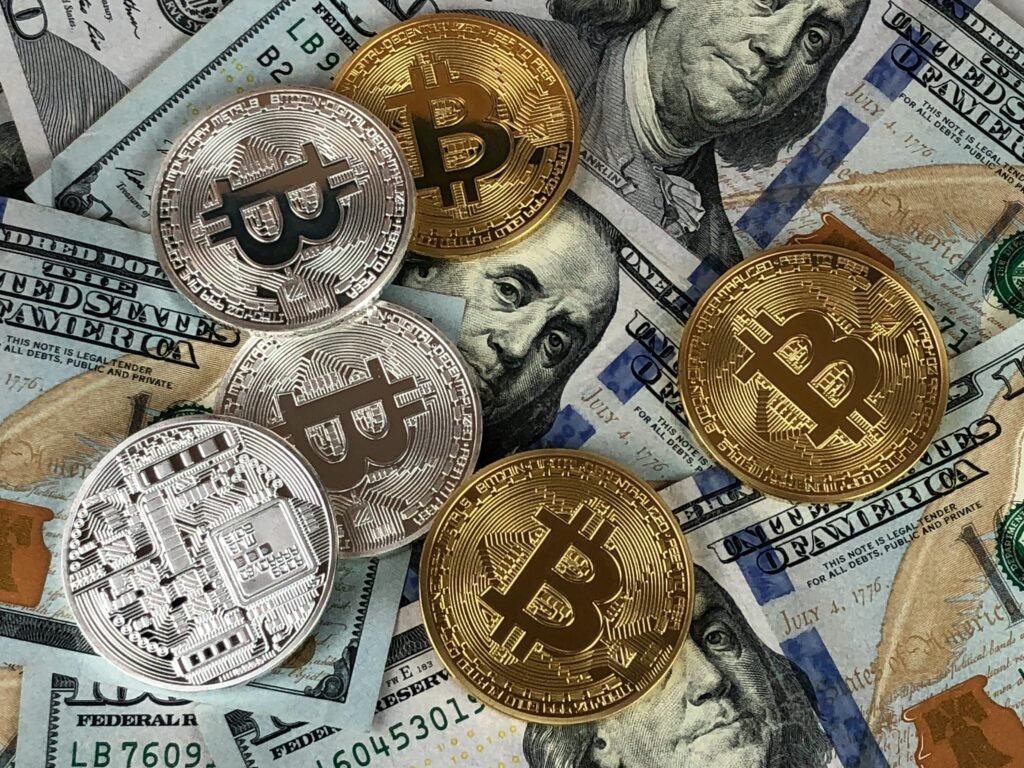Blockchain technology is best known as the backbone of cryptocurrencies like Bitcoin and Ethereum, but its uses go way beyond just digital money. While cryptocurrencies brought blockchain into the spotlight, the real magic of this technology is its potential to change entire industries, improve transparency, and provide decentralized solutions across various fields. At its core, blockchain is a decentralized, distributed ledger that keeps track of transactions across many computers. This setup ensures security, transparency, and that once something is recorded, it can’t be changed. These features make blockchain a game-changer for industries such as finance, supply chain, healthcare, and many others. Let us dive in!

- Revolutionizing Supply Chain Management
Revolutionizing supply chain management is one of the most exciting ways blockchain technology can be used. Supply chains have always been complicated, with many different people involved, middlemen, and processes that aren’t always clear. Blockchain changes that by adding transparency and traceability. It records every transaction and movement of goods on a secure, tamper-proof ledger, allowing companies to track products from their origin all the way to the consumer. This is especially important in industries like food and pharmaceuticals, where safety and authenticity really matter.
For example, Walmart has started using blockchain technology to keep track of its food products. This helps them quickly identify sources of contamination and respond to safety issues. In the same way, the pharmaceutical industry is using blockchain to fight against counterfeit drugs by making sure that every step in the drug supply chain is clear and traceable.
- Transforming Healthcare
The healthcare sector is another area where blockchain is really making a difference. Patient data is super sensitive, and keeping it secure is a big challenge. Blockchain provides a way to store and share medical records in a secure and decentralized manner. This means patients can have control over their own data, giving access to healthcare providers when needed, without the worry of data breaches or unauthorized access.

Blockchain can also help with clinical trials by making sure that the data is unchangeable and easy to verify. This reduces the chances of fraud or manipulation in the trial data, which boosts the reliability of the research outcomes. Plus, blockchain can streamline the healthcare supply chain, ensuring that medications are authentic and cutting down on inefficiencies in drug distribution.
- Enhancing Voting Systems
Blockchain’s ability to create secure, transparent, and tamper-proof records makes it a great fit for voting systems. Traditional voting methods, whether they involve paper ballots or electronic machines, can be vulnerable to fraud, tampering, and mistakes. Blockchain tackles these issues by establishing an unchangeable ledger of votes, which ensures that every vote is counted correctly and cannot be altered after being cast.
For example, countries like Estonia have started experimenting with blockchain-based voting systems to boost voter confidence and make the electoral process smoother. These systems have the potential to strengthen democratic processes by making voting easier and more secure, which could lead to higher voter turnout and a lower risk of electoral fraud.

- Financial Services beyond Cryptocurrencies
Blockchain is making waves in the financial industry, and its influence goes way beyond just cryptocurrencies. One of the most exciting developments is smart contracts. These are self-executing contracts where the terms are written directly into code. They automatically carry out actions when certain conditions are met, which means there’s no need for middlemen like banks or lawyers to enforce agreements.
Moreover, blockchain can speed up and lower the cost of cross-border payments. Traditional methods of sending money internationally can be slow, expensive, and involve a lot of different intermediaries. With blockchain, transactions can happen almost instantly and with minimal fees, making it a much more efficient option.

The potential of blockchain technology is huge, and it could shake up many industries by improving transparency, security, and efficiency. Whether it’s in supply chains, healthcare, voting, or finance, blockchain is proving to be more than just the tech behind cryptocurrencies. As more industries start to explore and use blockchain solutions, it’s likely to become a key part of the digital economy, driving innovation and changing how we live and work.


